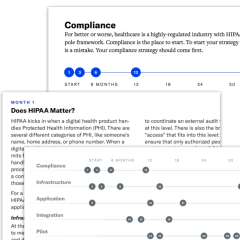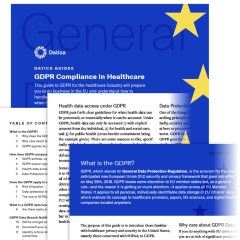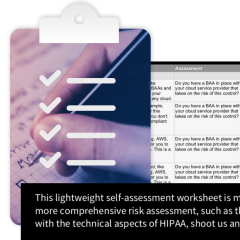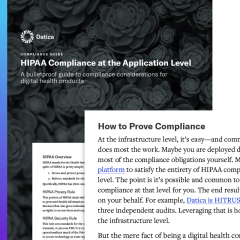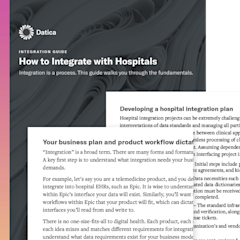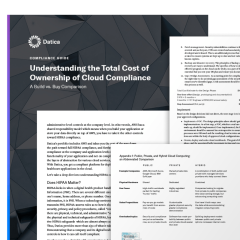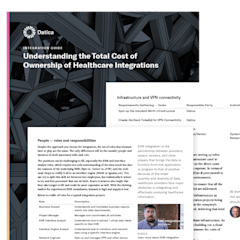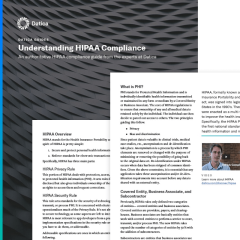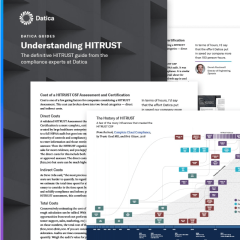Datica Guides
Authoritative Guides Written By Industry Experts
This eBook is a downloadable version of our detailed, interactive Digital Health Success Framework. It’s your guide to successfully launching a digital health product.
This guide to GDPR for the healthcare industry will prepare you to do business in the EU and understand how to handle PHI of EU citizens. With Datica, you’ll be ready when GDPR takes effect on May 25, 2018.
This lightweight self-assessment worksheet illuminates the cloud requirements of HIPAA that you need to plan for in your own digital health product.
HIPAA compliance at the application level is different than the infrastructure level. This comprehensive guide explains HIPAA considerations for digital health applications.
This guide is designed to be an educational piece for those just getting started with healthcare integration. It outlines the typical considerations, the technology required, and the players involved.
In this guide are tested formulas and directional advice from the compliance and cloud experts at Datica on how to measure and manage the total cost of ownership to achieve compliance in the cloud.
In this guide, we explain our methodology for calculating healthcare integration total cost of ownership. We make the case that modern, cloud-based technology has fundamentally changed the TCO formula.
This guide will walk you through important definitions and concepts, building on previous learnings. You will emerge armed with a basic understanding to HIPAA’s purpose and rules, your obligations, and ways to address compliance.
Datica walks you through the basics of HITRUST, how much it costs, why it’s important, and why it should be on your radar in the future.
